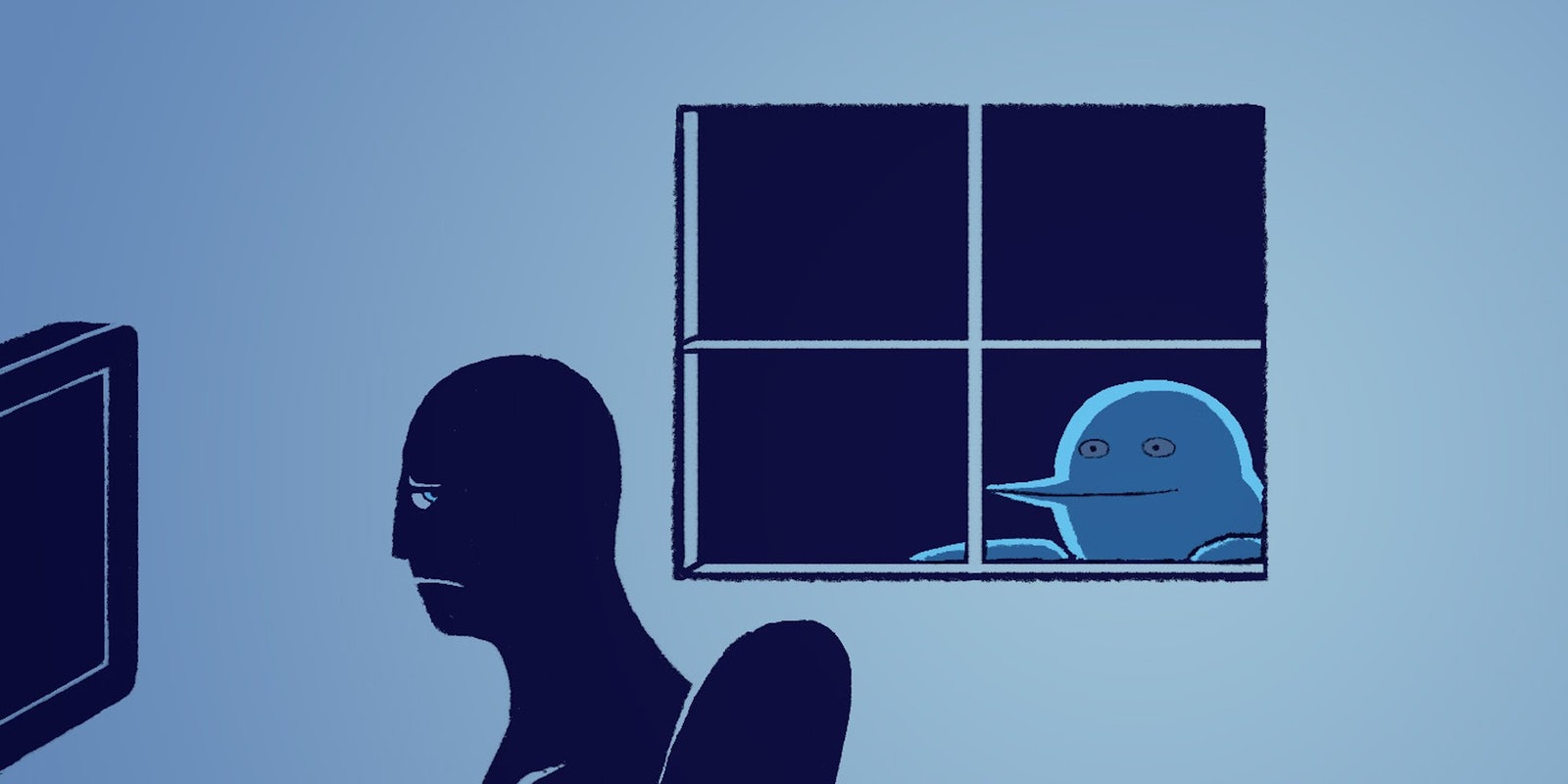Coke or Pepsi? Boxers or briefs? Would you ever take a vacation in the Middle East? Twitter’s new poll feature lets anyone create and answer polls right in the app with automatic vote counting and a simple user interface. But what is Twitter doing with your vote after it’s cast?
Does Twitter store your answers in a database? Does it sell them to advertisers? Can the government get a warrant to look at your votes? The answer isn’t exactly clear, and Twitter won’t say.
Twitter spokesman Nu Wexler pointed the Daily Dot to the social network’s privacy policy, saying, “Our Privacy Policy covers all user data, including Twitter Polls.”
But polls fall into a grey area that isn’t exactly explained by the policy, which reads thusly:
Most of the information you provide us through the Twitter Services is information you are asking us to make public. Your public information includes the messages you Tweet; the metadata provided with Tweets, such as when you Tweeted and the client application you used to Tweet; the language, country, and time zone associated with your account; and the lists you create, people you follow, Tweets you mark as likes or Retweet, and many other bits of information that result from your use of the Twitter Services. We may use this information to make inferences, like what topics you may be interested in, and to customize the content we show you, including ads. (emphasis ours)
Twitter poll votes aren’t public data. No one knows how you voted in a poll, or even if you voted, because only the percentage breakdown of votes is displayed. So a vote in a poll is not the same as a tweet, a like, a retweet, or a follow, because those are public pieces of information that can be accessed by all users (assuming the account is not set to private).
Twitter might consider polls “other bits of information” as described in its policy, but the company declined to clarify that.
Wexler, the Twitter spokesman, also wouldn’t say if votes are actively provided or sold to advertisers or third parties. But given that the privacy policy covers polls, the company reserves this right.
“From a technical perspective, it seems likely that Twitter is keeping a record of which way users vote in polls.” Parker Higgins, Director of Copyright Activism at the Electronic Frontier Foundation, told the Daily Dot. “It’s a little funny to wedge into the existing [privacy] policy, because your votes on a poll seem to fall somewhere on the privacy scale between, say, your direct messages (which Twitter does not sell information about) and the people you follow (which is public, and which Twitter has reserved the right to aggregate and share and disclose).”
This, coupled with a line from Twitter’s Terms of Service—“We also retain the right to create limits on use and storage at our sole discretion at any time without prior notice to you”—essentially means that Twitter has the right to do whatever it wants with your poll votes.
In other words, Twitter can store your votes until the end of time and it isn’t required to tell you that it’s doing so.
Why should someone be concerned about Twitter selling their voting behavior?
Online advertisers build profiles on individual users so they can show those users ads that may be more “tailored” to their interests. The closer an online ad is to a person’s likes and interests, the more likely the person is to click that ad. Companies thus have a financial incentive to gather as much tailoring data as possible. Polls are often extremely specific in the preferences they reveal—and they can therefore be very valuable to advertisers.
What about the government? Twitter requires a warrant for data requests, but it won’t notify users when it hands over their data.
“It’s helpful when companies revisit their privacy policies to clarify them as they introduce new features, because it’s fair to say that votes in polls fall into something of a gray area in the current policy.” Higgins said. “As a Twitter user, I do not feel confident my votes are truly private, from Twitter or the government or even maybe other companies. It’s too bad, because clarity could help users feel more informed and comfortable using the service.”
Illustration by Max Fleishman


